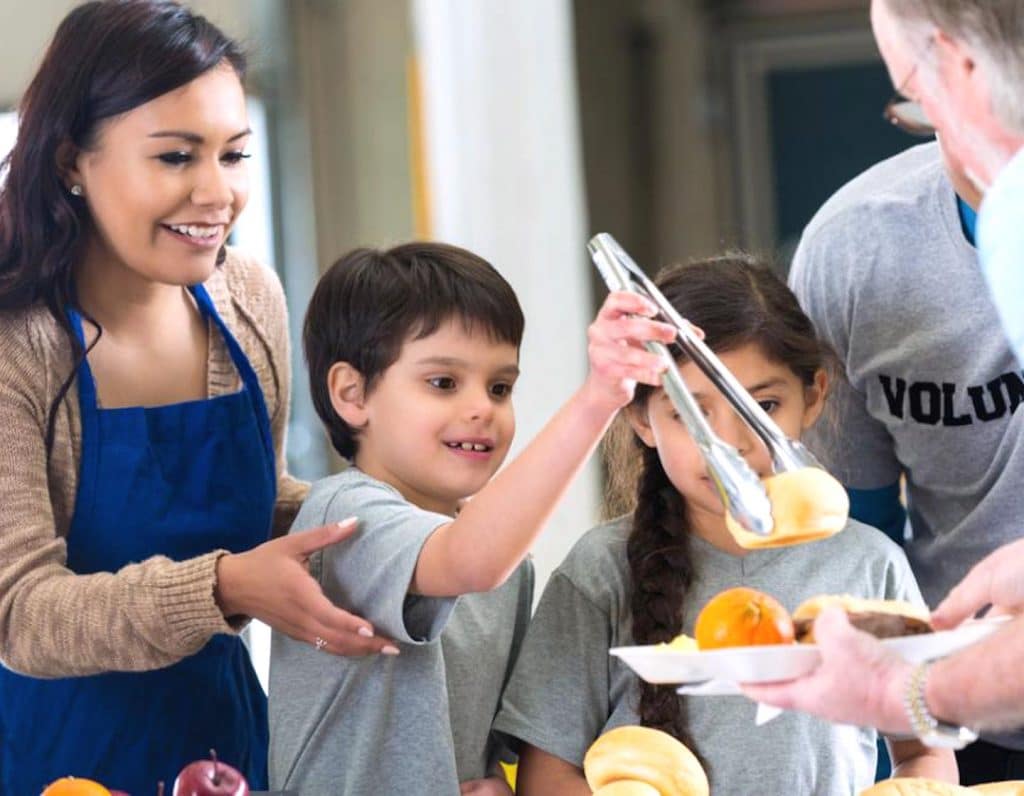
 Post Category - ParentingParenting
Post Category - ParentingParentingLooking for ideas to reduce entitlement and foster gratitude in your kids?
Maybe your kid has just had a birthday and has been inundated with presents or maybe you feel like they just aren’t appreciative of all they have (too many indulgent staycations!), and now they seem a little more demanding and less appreciative? So how do you get them to understand how good they have it and show some gratitude? Giving back to the community and getting involved in charities is high up on our list for getting kids in touch with being grateful.
Here are some other ideas for fostering gratitude and reducing entitlement this holiday period.
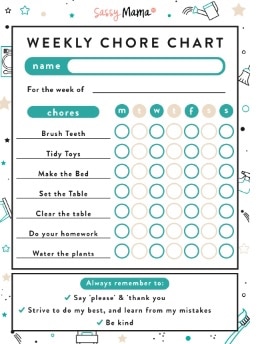
1. Get kids to help with chores around the house
Kids who do chores are more likely to see what needs to be done, and are more likely to help when others need them. Getting kids to help around the house gives them a sense of all that goes into keeping a household running smoothly. This is especially important when many of us have helpers to help! This gets kids to change their attitude of entitlement to one of gratitude.
2. Increase scarcity, reduce abundance
Feelings of gratitude come very naturally when there is scarcity…the issue these days is that there is typically abundance and our kids realise that! Try and reduce the feeling of abundance around Christmas or Birthdays by:
- Reducing the number of gifts you give your children – each additional gift is likely to dilute the ‘specialness’ of the others. You could adopt the ‘4 Gift Rule’ where you give them something they want, something they need, something to wear, something to read’.
- Spreading out the opening of gifts – this will help kids appreciate each gift.
- Increase scarcity through the year – don’t buy everything your kids want all at once or as soon as they want it – let them look forward to it.
3. Set limits and manage expectations
Be clear that at Christmas or Birthdays kids won’t be getting everything on their list. You could talk to them about the cost of different items on their list and the need to weigh up getting one big thing (and not much else) versus a few smaller things.
4. Give to others
Take the opportunity to give back to others. You could create a family tradition of volunteering your time to help others, or you could ask your kids to go through their toys and books and pick things to give to kids that are less fortunate. We’ve made it easy for you mama…here are some ideas on how you can Give Back to the less privileged this Christmas.
Read More: 5 Things to Consider BEFORE You Volunteer
5. Realise that being ungrateful is part of being a kid
In a Washington Post article the argument was made that being selfish and ungrateful is just a phase and that it isn’t any worse now than in past generations. The author, Alfie Kohn states “In short, ‘every generation is Generation Me. That is, until they grow up”. I liked this…in part because it made me feel a bit better about my own children! But also, with my psychologist hat on, it makes sense. Even fully-grown adults can feel a little bit ungrateful and entitled at times! Empathy, perspective taking, and the ability to act according to social norms doesn’t finish developing until we’re in our early 20s, so it is a lot to expect kids to regulate their own feelings and excitement to meet our grown-up expectations.
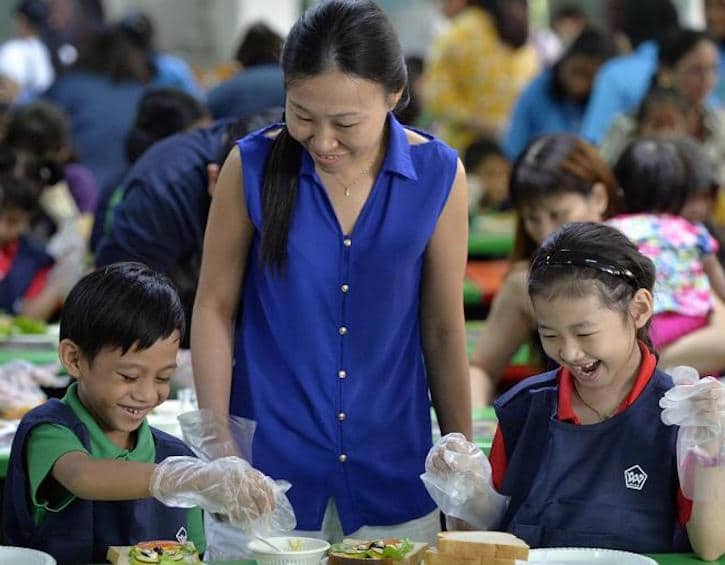
6. Make gratitude a way of life all year
Given the abundance in our lives, gratitude won’t just appear on its own. Rather, it is a way of thinking that we need to foster in our children (and ourselves) all year round. There are lots of benefits for doing so; gratitude leads to happier, healthier, and more resilient kids and adults. Gratitude isn’t just about our kids learning to say thank you though. The team at the Raising Grateful Children project have come up with a simple model – Notice-Think-Feel-Do – that helps take gratitude to a deeper level. This is how you can use it with your kids:
Notice: What have you been given or what do you already have in your life for which you are grateful? (One idea for developing this practice is a nightly dinner or bedtime ritual where each person shares one thing they are thankful for that day.)
Think: Why do you think you received this gift? Was it because of something you did? Is it because of how that person feels about you
Feel: Does it make you feel happy to get this gift? What about the gift makes you feel happy?
Do: Is there a way you want to show how you feel about this gift?
Gratitude is one of the few things that have been found to alter happiness, and so daily gratitude practice is something you could also look to adopt as a New Years Resolution yourself mama!






 View All
View All

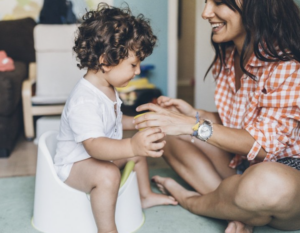



 View All
View All




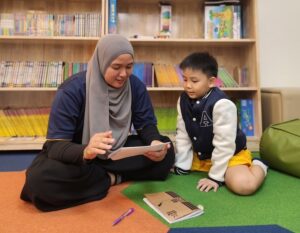




 View All
View All






